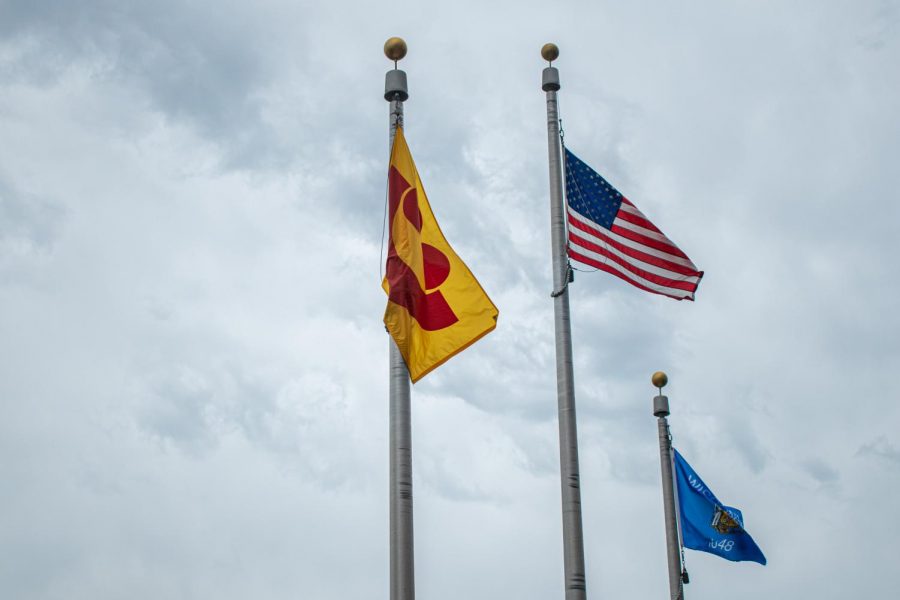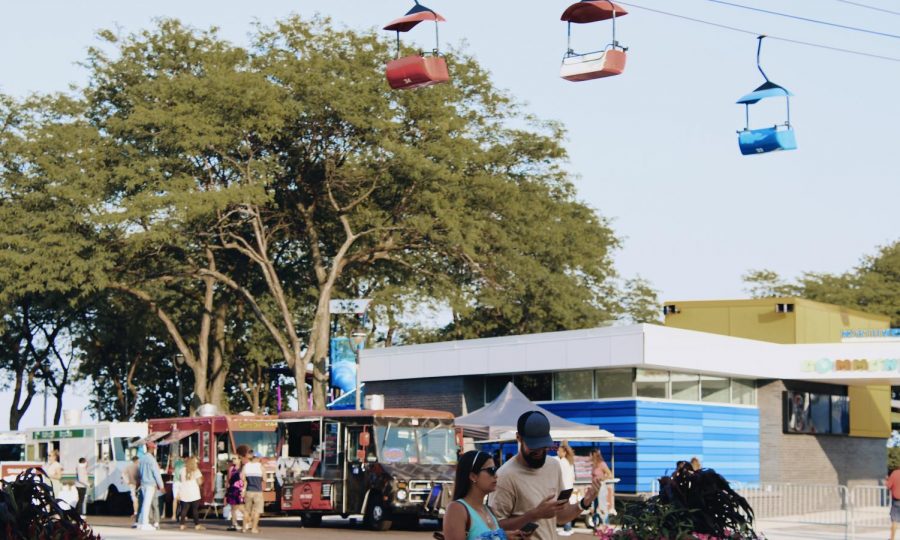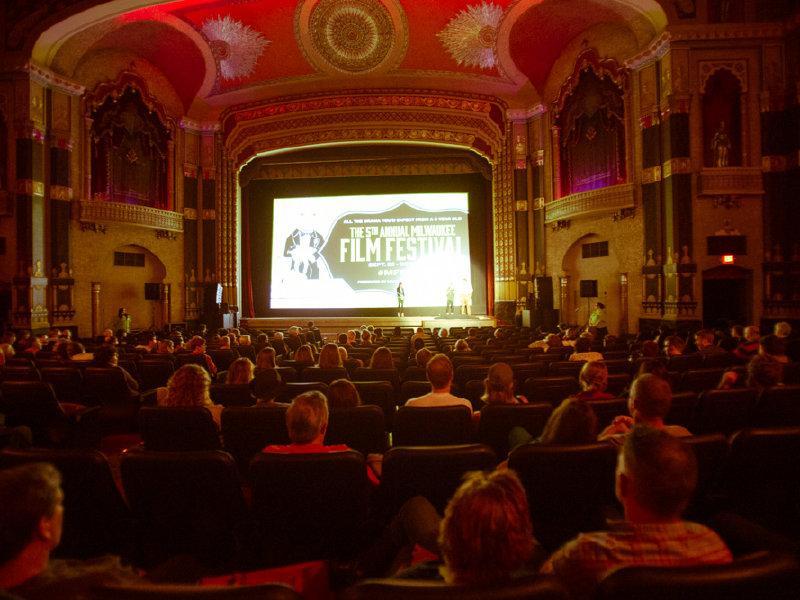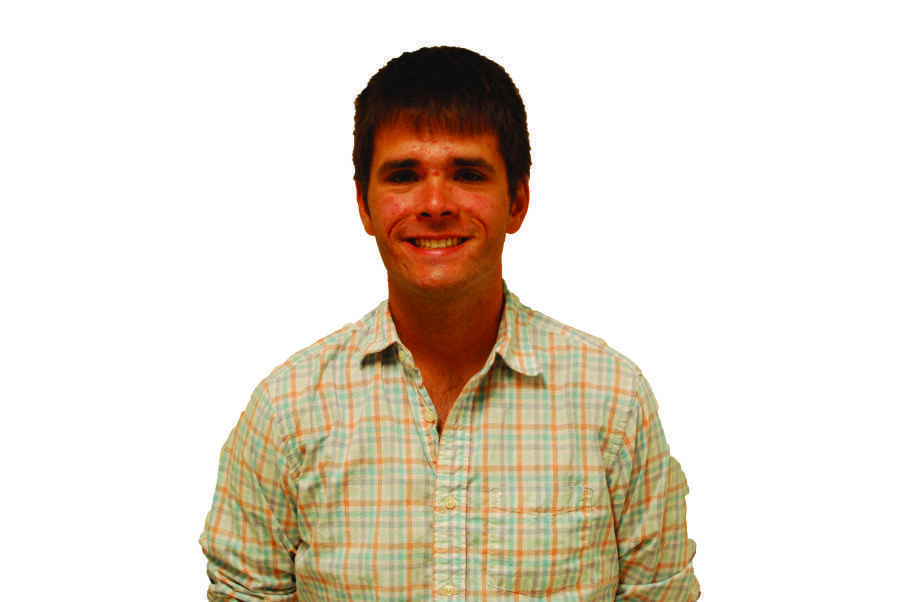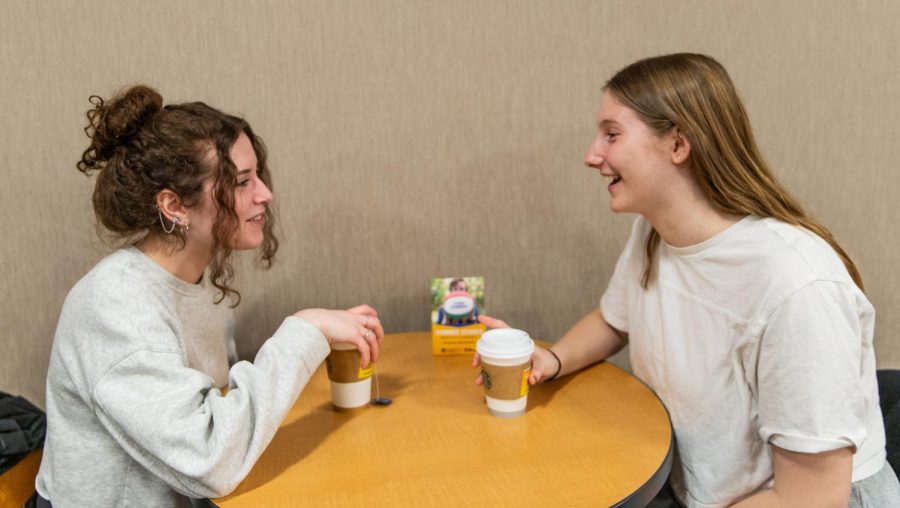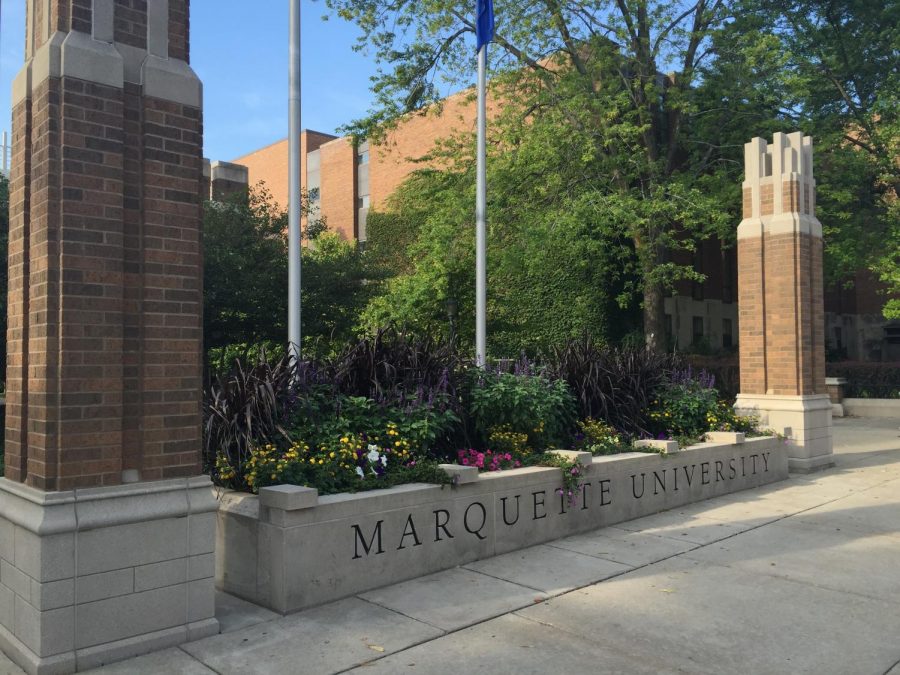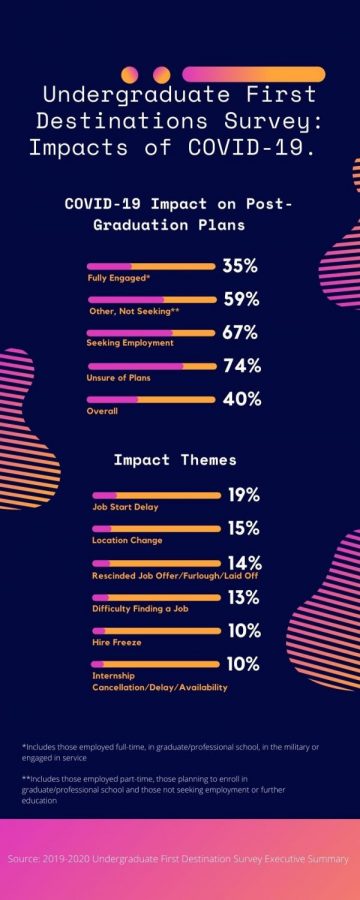Milwaukee is known as the city of festivals, and not without good reason.
In the summer months alone, the city typically hosts over 60 festivals, each unique in its own way. And every year, millions of people come from all over the city, state and country to enjoy all that Milwaukee’s festivals have to offer. Those who participate in these events get to experience art, culture and fun, as well as a place in Milwaukee’s community. At least, this is ordinarily the case.
But this has been no ordinary summer.
Although Milwaukee is the city of festivals, the COVID-19 pandemic has seen to it that practically all of those festivals which Milwaukee has become known for are either canceled or postponed. Among these festivals is the Milwaukee Highland Games.
The Milwaukee Highland Games, first held in 1867, is one of the city’s oldest festivals. It is held in Hart Park and showcases a variety of Scottish traditions including highland dancing, pipers, athletic events and Scottish food. Though the administrators did not wish to cancel the event, there were no alternatives, says Dave Berger, a member of the board.
“We didn’t have another option,” Berger says, “You can’t really social distance at a Highland Games.”
And this unfortunate cancellation could prove to be harmful to the community at multiple levels.
Berger says the Milwaukee Highland Games prioritizes having a positive impact on the local area.
“We try to make sure all profits go to the community. Of course, this year that’s not gonna happen,” Berger says.
At least 25% of all profits go toward charities such as Fisher House or Ronald McDonald House. And attendees are encouraged to bring non perishables to donate to the Wauwatosa Food Pantry.
With the festival’s cancellation, however, the Milwaukee Highland Games has only so much to give back to the community. Considering the detriment to the community and the loss of entertainment, Berger laments the “summer without kilts.” The Milwaukee Highland Games has been rescheduled for June 5, 2021.
The cancellation of the Milwaukee Highland Games and the negative impact it could have on the area demonstrates the many effects of Milwaukee’s festivals on the community. This includes creating jobs, as well as supporting charities and even entire industries.
Kristin Settle, director of communications for VISIT Milwaukee, says in an email, “the pandemic has had a devastating effect on the city as a whole – and has hit the tourism industry particularly hard.”
Milwaukee’s festivals attract people from all over the country. However, with fewer things to draw them to the city this year, tourism in the area has faced a major decline. And this decline could be extremely harmful to Milwaukee’s economy.
Settle says tourism in Milwaukee supports 53,000 full-time jobs and is a $5.9 billion industry. Between the State Fair and Summerfest alone, Settle says “there is a combined economic impact of over $400 million.”
Nonetheless, she expresses optimism.
“Milwaukeeans are resilient and we know that 2021 will be better,” Settle says. “Summerfest will return, State Fair will come back and all of our favorite events will be ready to welcome us again.”
Considering many of the statements recently released by festival directors, this appears to be more than true. Most of the festivals that have been cancelled or postponed have already begun rescheduling for 2021. Foremost among them is Summerfest, possibly the most highly anticipated festival in Milwaukee.
Located at Henry Maier Festival Park, Summerfest is the city’s largest music festival. And this summer marks its very first cancellation since it began in 1968.
In a statement made by Don Smiley, president and CEO of parent company Milwaukee World Festival Inc., every effort was made to preserve this 53-year tradition.
“With five decades of festivals, countless legendary performances and millions of memories, Milwaukee World Festival, Inc. explored numerous options to ensure the Summerfest tradition could continue in 2020 in a safe and healthy manner,” Smiley says in a statement published on the Summerfest website.
Despite the hard work done by staffers, sponsors and vendors, the necessary accommodations to allow Summerfest to take place this year simply could not be made. And its cancellation may have repercussions for the community.
Summerfest has an economic impact of $186 million and creates thousands of seasonal jobs in areas like vending, contract, and construction. Nonetheless, the board decided to “choose the side of safety” and instead begin preparations for a comeback in 2021.
Dates for Summerfest 2021 are to be released soon. Meanwhile, some artists for next year have already been secured, including Halsey, Khalid, Blink-182 and Guns N’ Roses.
But Summerfest’s cancellation will not be the only thing keeping Henry Maier Festival Park vacant this summer. A variety of festivals are held on the Summerfest grounds, all of which have been cancelled or postponed. Among them is PrideFest Milwaukee.
PrideFest has been taking place for over 30 years and, according to its website, is the “world’s largest LGBTQ festival with permanent festival grounds, owned and operated entirely by volunteers each and every year.” It draws in tens of thousands of attendees annually, and is continually growing.
As the first festival held at Henry Maier Festival Park – this year originally being meant to begin on June 4 – its parent organization, Milwaukee Pride Inc., set a precedent by deciding early on to postpone the event due to health and safety concerns. The final decision to postpone was announced by the board on March 18.
In an email, Wesley Shaver, president of Milwaukee Pride Inc., says, “being the first festival on the Henry W. Maier festival grounds, people were looking to us for our thoughts and concerns.”
Shaver says the chief concerns when deciding to postpone the event were the financial impact a postponement would have on the community as well as the safety of attendees and festival team members.
Choosing to postpone the event would have a negative economic effect on the community, says Shaver, but safety had to be put first.
In the email, Shaver says he was “proud of our decision.”
Despite these reluctant postponements and cancellations, statements from a variety of festival board members suggest that Milwaukee’s festival coordinators are eager to showcase an enthusiastic comeback for the city of festivals in 2021.
This story was written by Charlotte Ives. She can be reached at charlotte.ives@marquette.edu.

